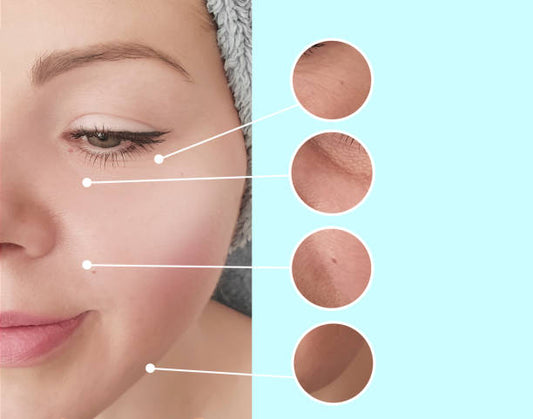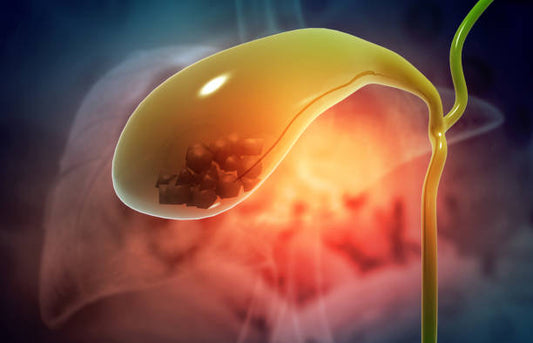Parabens, a group of synthetic preservatives, are widely utilized in cosmetics, personal care products, pharmaceuticals, and food items to prevent microbial growth and extend shelf life. Despite their effectiveness, parabens have sparked concerns regarding their potential health risks, leading to increased scrutiny and the exploration of alternative preservation methods.
Understanding the Role of Parabens in Products
1. Preservative Properties:
Parabens, including methylparaben, ethylparaben, propylparaben, and butylparaben, exhibit potent antimicrobial properties, inhibiting the growth of bacteria, fungi, and mold in various formulations.2. Shelf-Life Extension:
By preventing microbial contamination, parabens help maintain product integrity, stability, and efficacy over time, thereby prolonging shelf life and ensuring product safety for consumers.3. Wide Application Range:
Parabens find widespread use in cosmetics, skincare products, hair care items, pharmaceuticals, and food products due to their broad-spectrum antimicrobial activity and compatibility with diverse formulations.Safety Concerns and Controversies

1. Endocrine Disruption Potential: Parabens have been linked to endocrine disruption, as they can mimic estrogen in the body and potentially interfere with hormone function. Concerns have been raised regarding their possible association with reproductive issues, breast cancer, and other health conditions.
2. Accumulative Exposure: While individual products may contain parabens within regulatory limits deemed safe, cumulative exposure to multiple products containing parabens over time can result in higher overall exposure levels, raising concerns about potential health risks.
3. Regulatory Oversight: Regulatory agencies such as the U.S. Food and Drug Administration (FDA), the European Union (EU), and Health Canada have established guidelines and restrictions on the use of parabens in cosmetics and personal care products, setting maximum concentration limits to ensure safety.
Exploring Alternatives and Consumer Choices
1. Paraben-Free Formulations:
- Many brands now offer paraben-free alternatives, utilizing natural preservatives, antioxidants, essential oils, and innovative technologies to maintain product stability and safety without relying on synthetic parabens.
2. Reading Product Labels:
- Consumers are encouraged to read product labels and ingredient lists carefully, seeking out paraben-free or low-paraben formulations if they have concerns about potential health risks or sensitivities.
3. Personal Risk Assessment:
- Individuals with specific health concerns or sensitivities may opt to avoid products containing parabens altogether or consult with healthcare professionals for personalized guidance on product selection and usage.
Conclusion: Navigating Choices for Safety and Wellness
As consumers increasingly prioritize safety, transparency, and environmental sustainability, the use of parabens in products has come under scrutiny, prompting a shift towards paraben-free alternatives and greater awareness of ingredient choices. By staying informed, reading product labels, and considering individual preferences and concerns, consumers can make empowered choices that align with their values and contribute to overall health and wellness.
Author: Nikita Vishnoi BCA













1 comment
By way of introduction, I am Scott Gould with Nutritional Products International, a leader in sales, marketing, and distribution, connecting product manufacturers with major retailers within the United States.
Discover how we can help you expand your reach and bring your products to American consumers.
For more information on distribution please visit: https://go.nutricompany.com/expand-your-sales/
Let’s explore the possibilities of collaboration. Contact us at 1-561-544-0719